“I hope the film leaves people with a sense of quiet reflection about how we communicate”: Dean Leon Anderson on The Mediator
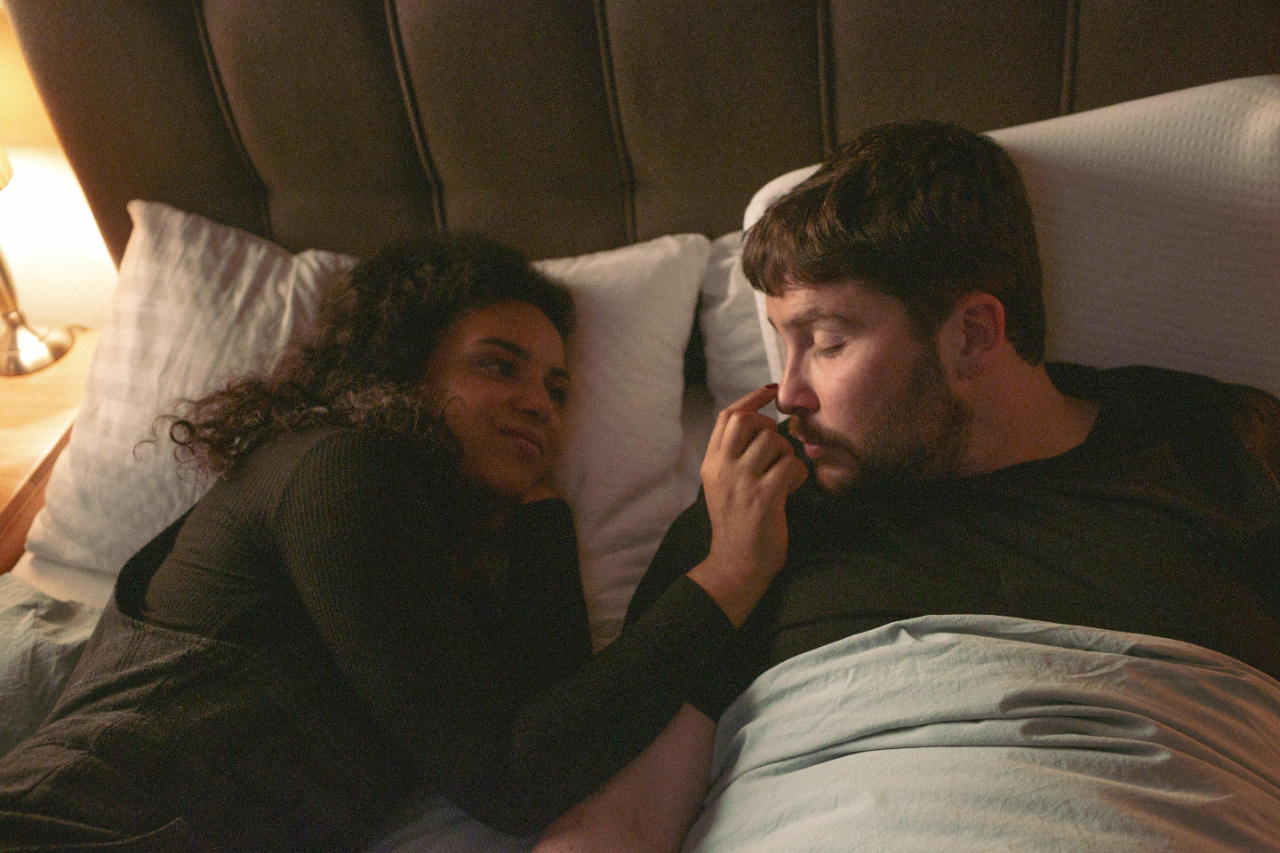
The Mediator is a quietly intense drama about connection, vulnerability and healing. The short film features BAFTA Scotland‑nominated Daniel Portman (Game of Thrones) as Chris, a man left paralysed from the waist down by a tragic accident. Isolated and living in the spare bedroom of his sister’s house, her attempts to reconnect him with the outside world by hiring a relationship mediator called Mary, played by Cat White (Ten Percent) bring to the surface the past, the need for human connection and the complexities of family dynamics.
With the film screening at Santa Fe International Film Festival, plus a London screening and Q&A taking place at The Garden Cinema, we caught up with British writer‑director Dean Leon Anderson about his latest short, the incredible cast he used to tell this evocative story and his drive for filmmaking.
Can you talk about the concept and what inspired you to tell this story?
After making my short film Class 15 a few years ago, which took place almost entirely in a single classroom, I found myself drawn to intimate storytelling with strong characters in confined spaces. I wanted to create another piece that felt emotionally raw and personal, but even more stripped back: just two people, one night, one room.
From the start, I was interested in what could happen when two strangers, both carrying emotional weight, are forced into close proximity. The Mediator began as a quiet exploration of that idea: a man paralysed after an accident, and the woman hired to help him reconnect with his past through a series of phone calls. On paper, it’s a professional arrangement. But what happens when vulnerability, humour, shared trauma, and even music begin to break those walls down?
I was inspired by the feeling of stillness during lockdown, and also by the real-life experience of Joel Molen, who lives with paralysis and served as a consultant on the film. His insight reminded me how vital connection is, especially when your world has been reduced to a single space.
Of course, telling a story like this presents challenges. How do you hold an audience’s attention, emotionally and visually? But I liked that it felt almost theatrical, like a two-hander play. Working with Sharon Duncan-Brewster on Class 15 really deepened my appreciation for how actors can elevate and transform their characters. So, alongside writing something that could carry the emotional weight, I knew finding the right talent would be everything.
It’s a profound and sometimes claustrophobic watch as emotions and the relationship between Mediator and Paraplegic deepen. Can you tell us about the casting process for the roles?
Yes, this was the first time I worked with a casting director on a short, and I have to shout out Zyrenka Cox for coming on board early and being such a great collaborator. I initially imagined someone older in the role of Chris, but Zyrenka helped shift my perspective and introduced me to actors I already admired but hadn’t considered because of age.
She suggested Daniel Portman, a BAFTA Scotland nominee we all know from Game of Thrones. I was probably the last person on earth to watch that series, but I saw it just a few months before casting and was really struck by his presence on screen. He brought real emotional depth to the role.
Cat White and Mia Tomlinson also came through Zyrenka’s recommendations, and both were perfect. They’re now doing incredible things on and off screen. I had Gina Bramhill and Ian Burfield in mind from the beginning, and thankfully, they said yes. Honestly, it was an incredible cast across the board. I felt really lucky to collaborate with them.
What was the collaboration like with the cinematographer Jon Muschamp to craft such an emotive and visually intense narrative?
I first came across Jon Muschamp’s work in The Trap, Lena Headey’s directorial debut short, back in 2019. It’s a stunning film, and the way it handled intimacy, especially the first kiss, really stayed with me. natural light, close focus on hands, a real softness. Then, just a few weeks later, I met Jon through BAFTA Connect, a scheme we’re both part of. Having just seen The Trap, I knew instantly he’d be a great fit.
We met a few times to chat through visual references and tone. Scenes from The Crown, Normal People, and films like Waves and The Worst Person in the World all came up. We storyboarded some key moments, but Jon brought so much creatively. On set, he introduced vintage lenses and made instinctive choices that really lifted the atmosphere.
He was great to work with. Open, sensitive to the material, and technically sharp. Since then, he’s won the British Society of Cinematographers Short Film Competition, which says it all. I’m sure we’ll work together again. He and Lena have made the feature version of The Trap now, which is on my list of films to see.
Can you tell us about your journey as a filmmaker and what it means to have your film selected for the Dramatic Shorts Programme at Santa Fe International Film Festival, as well as appearing at various other upcoming prestigious film festivals?
I left MTV in 2012 to focus on film, which was a big leap, especially with no industry connections. I’ve always approached filmmaking with a strong independent spirit, using the skills I picked up at MTV – directing, editing, and wearing multiple hats. So to have the work recognised by major festivals like Santa Fe and others has meant a lot. These platforms don’t just give the film visibility; they spark conversations with audiences and filmmakers from all over the world, which is genuinely humbling.
Festivals have also taken me to places I might never have visited otherwise. The Mediator had its world premiere at the St Louis International Film Festival, and spending a week there meeting people, watching their work, and sharing my own was such a rewarding experience. I always come away from these trips feeling inspired and re-energised.
Right now, I’m developing my debut feature, which explores some of the same themes: connection, family and finding humanity in unexpected places. Being part of the festival circuit has only deepened my drive to keep creating and telling those kinds of stories.
What do you hope viewers will take away from watching The Mediator?
That’s an interesting question. I hope the film leaves people with a sense of quiet reflection about how we communicate, how we carry pain, and how powerful it can be when someone truly sees us. At its heart, The Mediator is about two people who are forced to slow down and really listen to one another, and I think that’s something we all crave more than we admit.
It’s not a loud film, but it’s emotionally charged, and if viewers come away feeling a little more connected to their own vulnerability or reminded of the importance of reaching out, then I feel like it’s done its job.
Ezelle Alblas
The Mediator will screen with a Q&A as part of the Dramatic Shorts Program 3, Santa Fe, New Mexico, on 18th October and the Women of the Lens Film Festival at 2.30pm at the Garden Cinema, London, on 22nd November 2025. For more information, visit Dean Leon Anderson’s here.
Watch the trailer for The Mediator here:

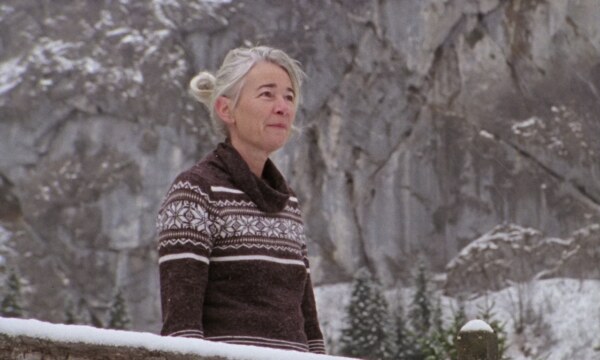
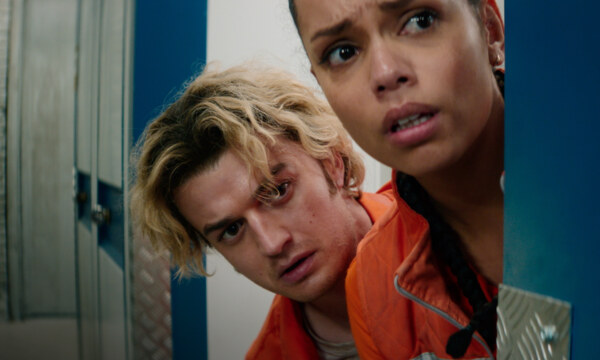
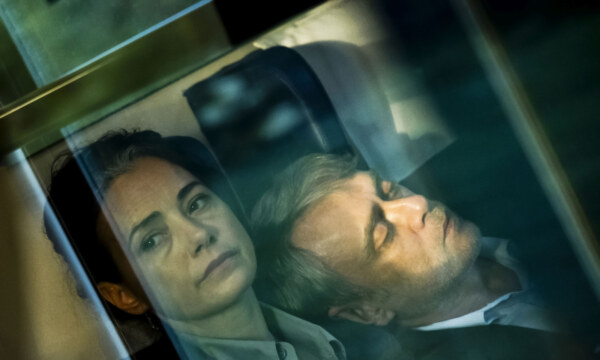
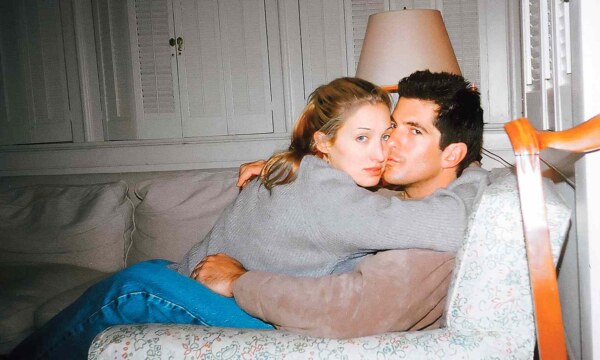
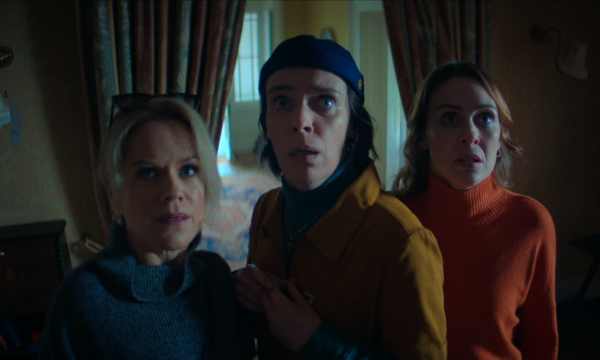
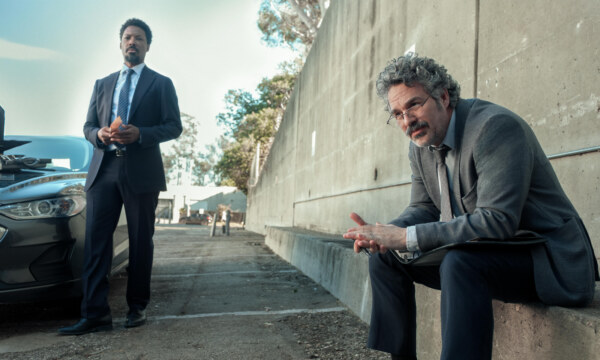
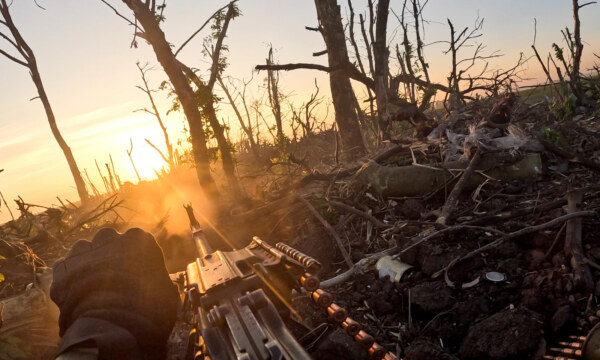
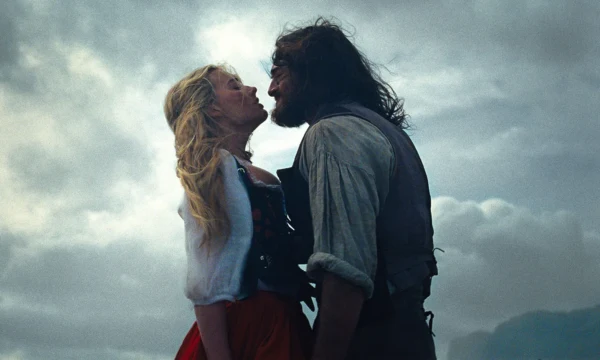
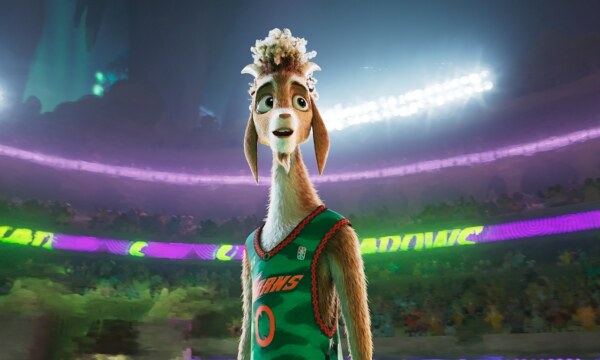


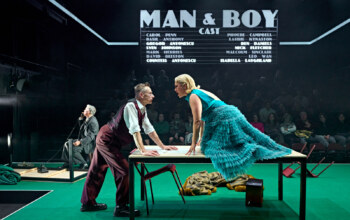
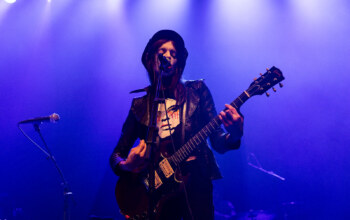
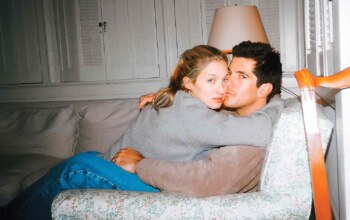
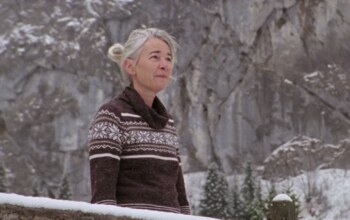
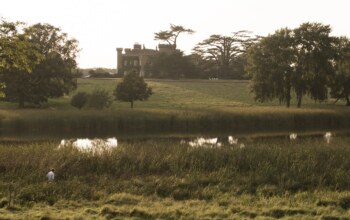


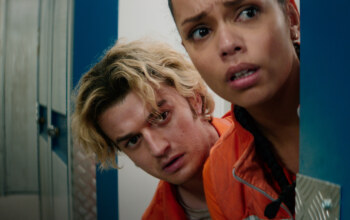


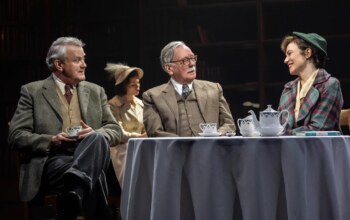
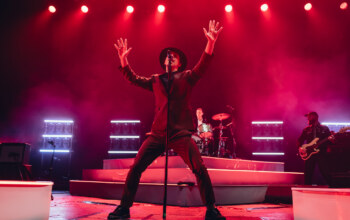
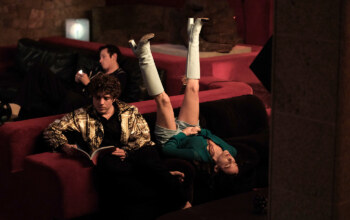
Facebook
Twitter
Instagram
YouTube
RSS